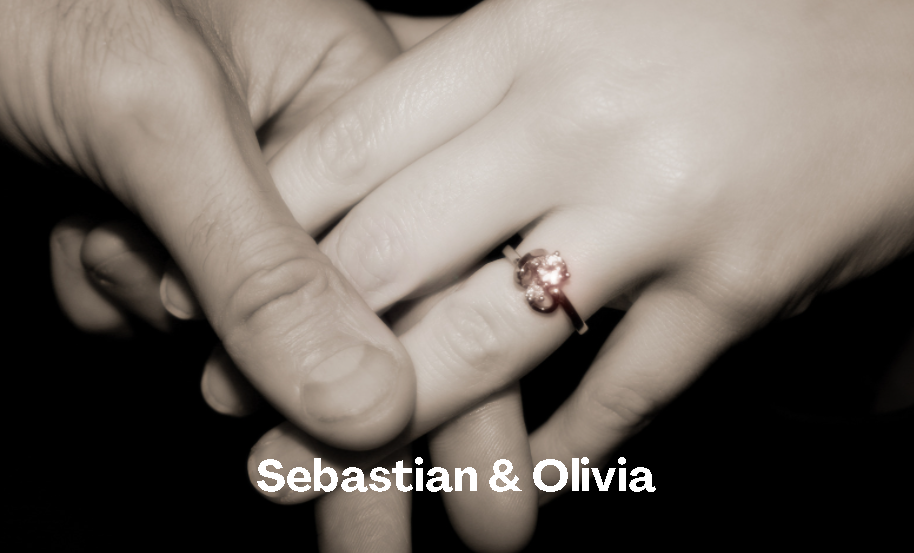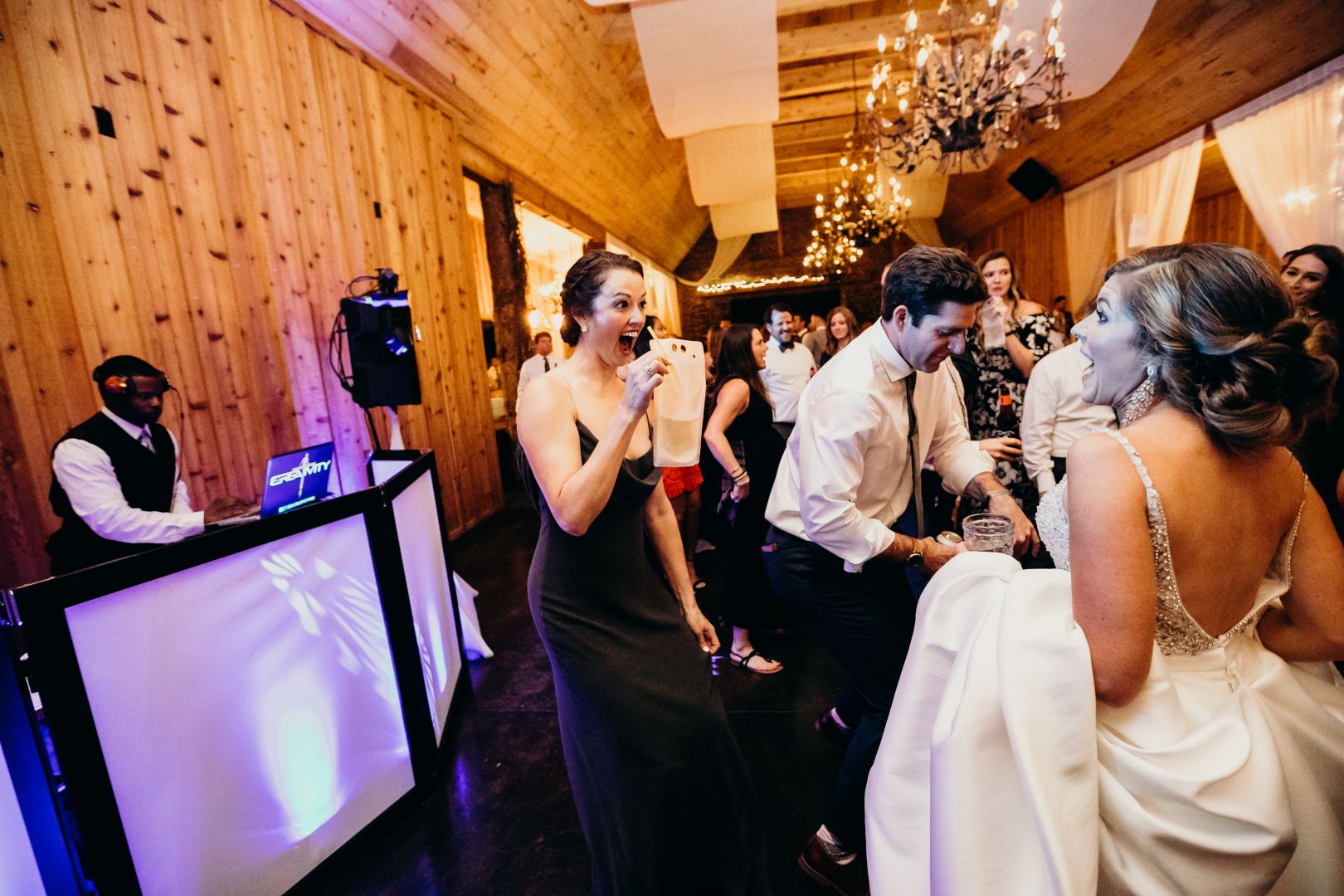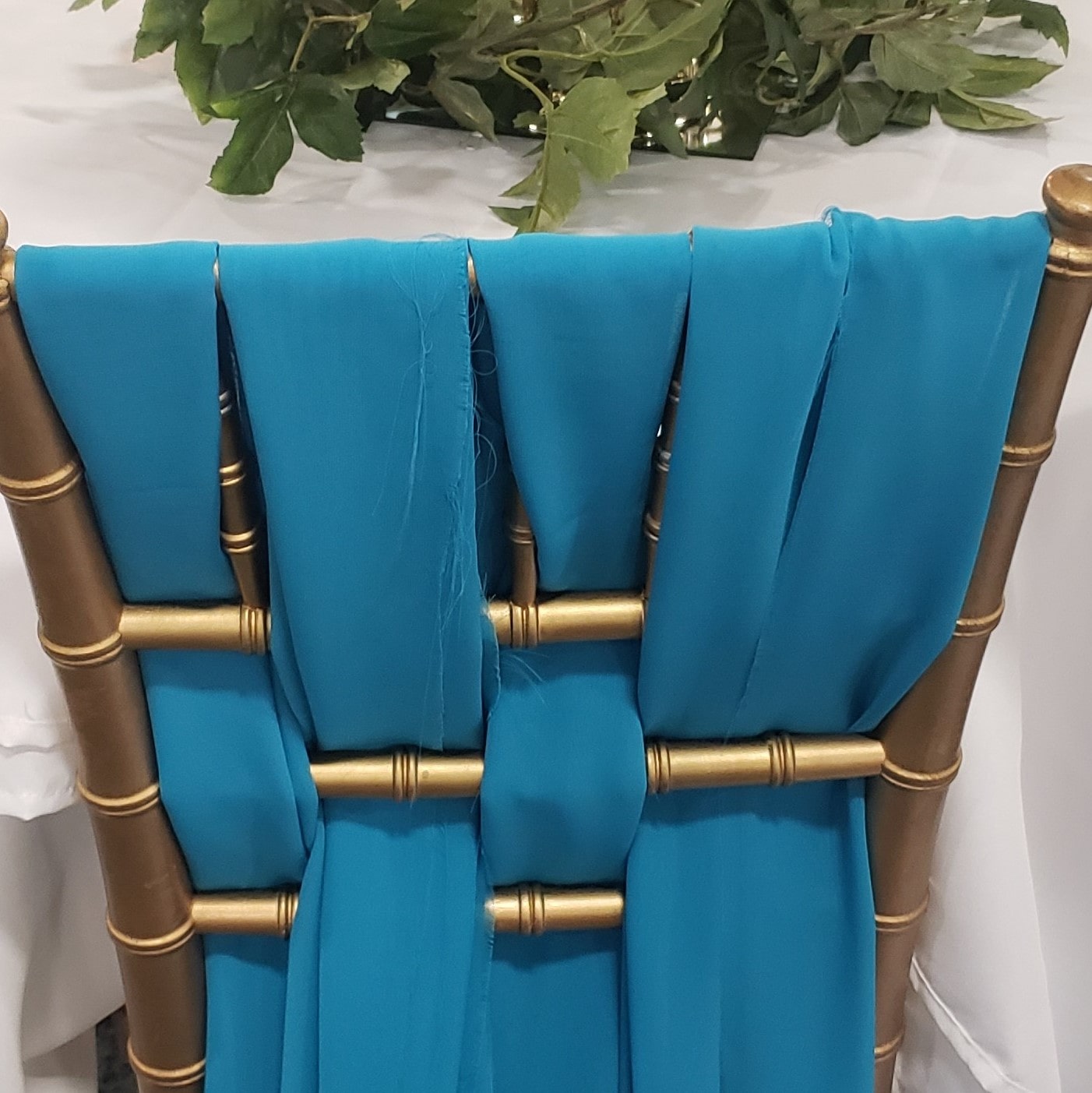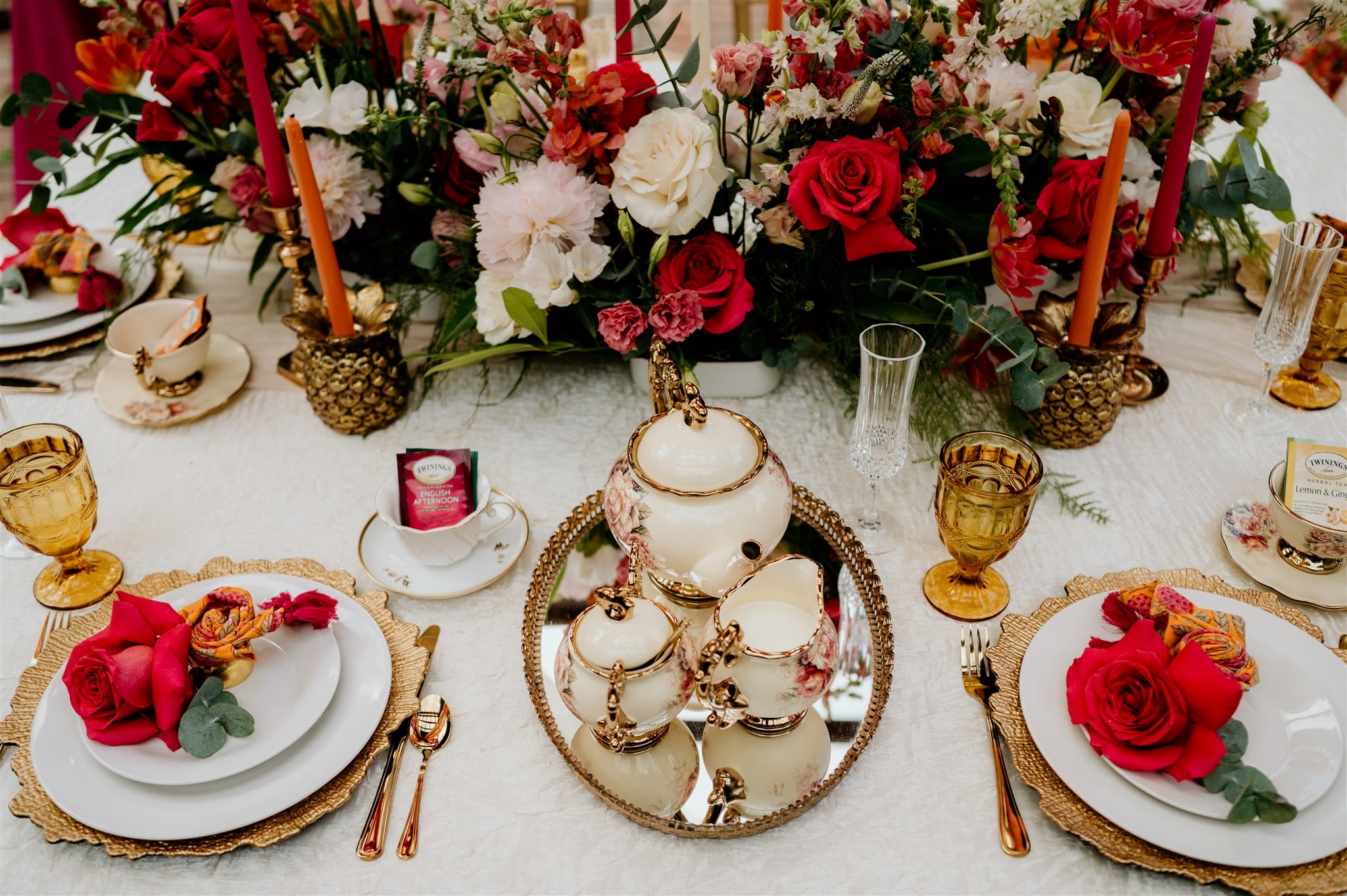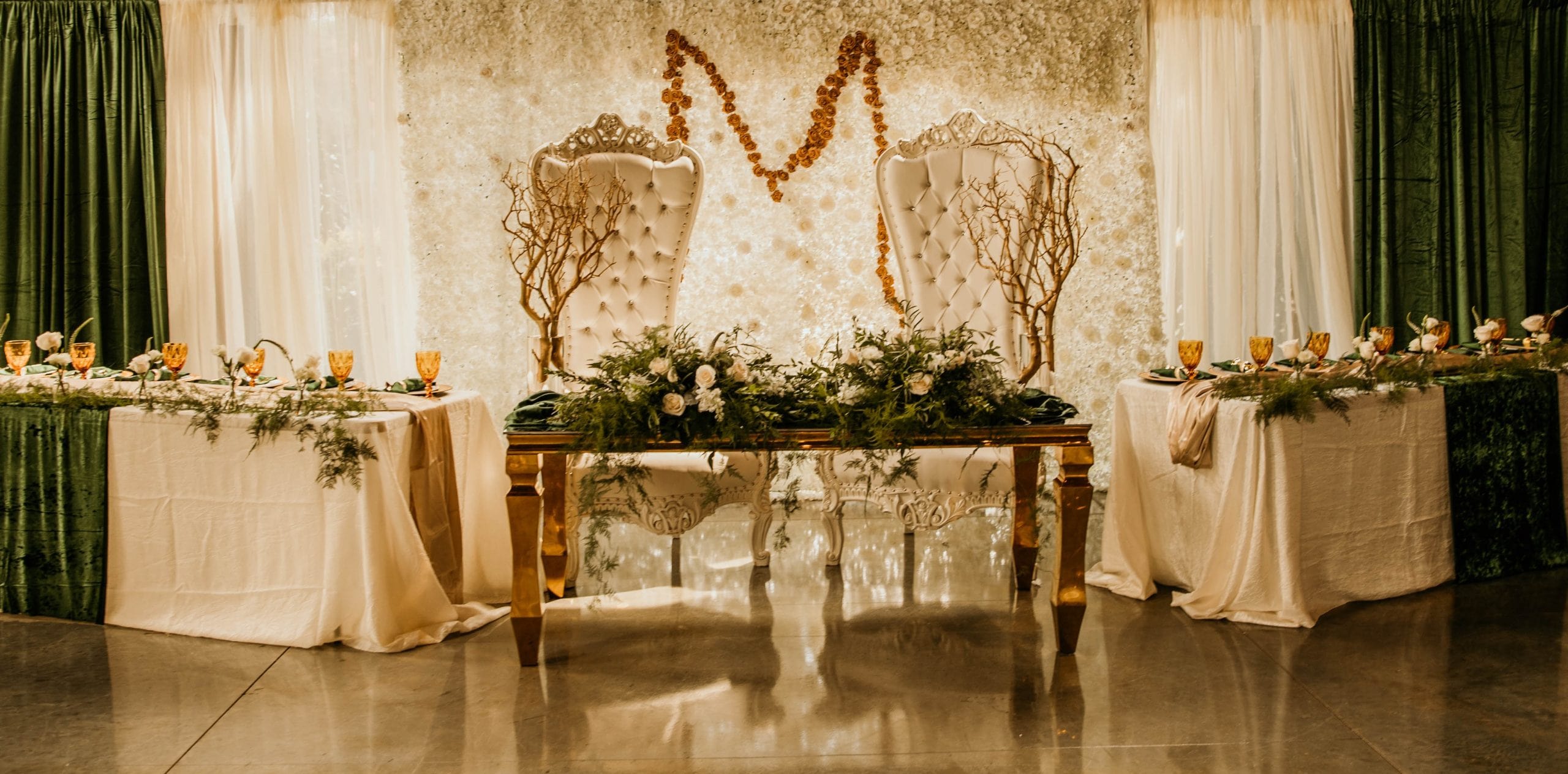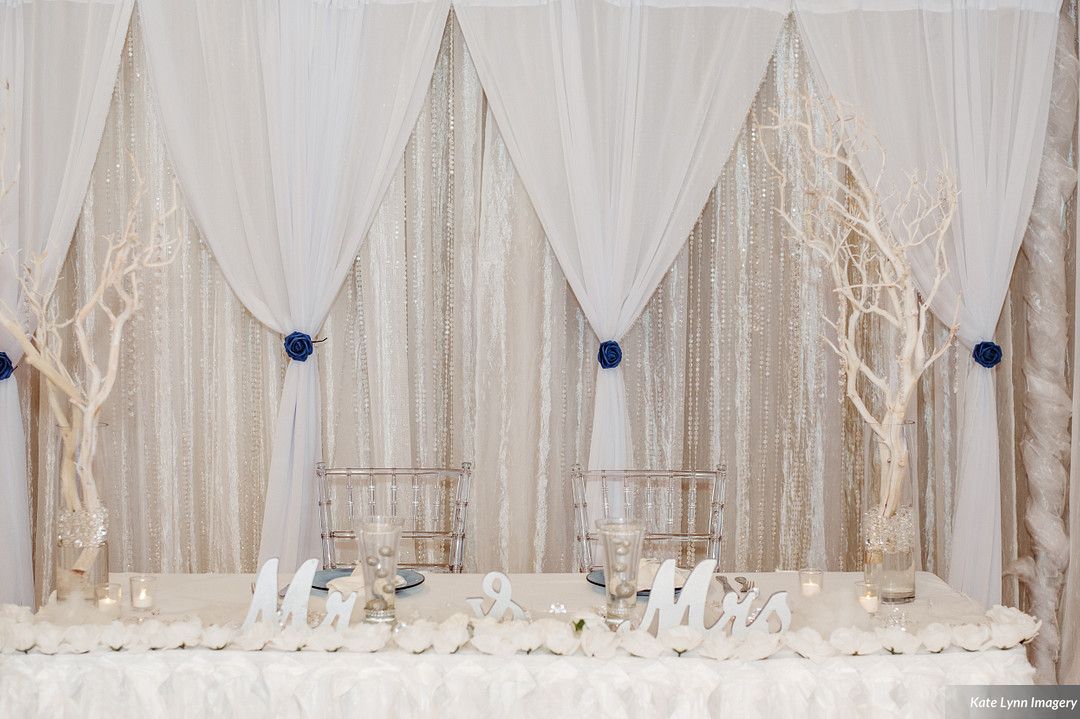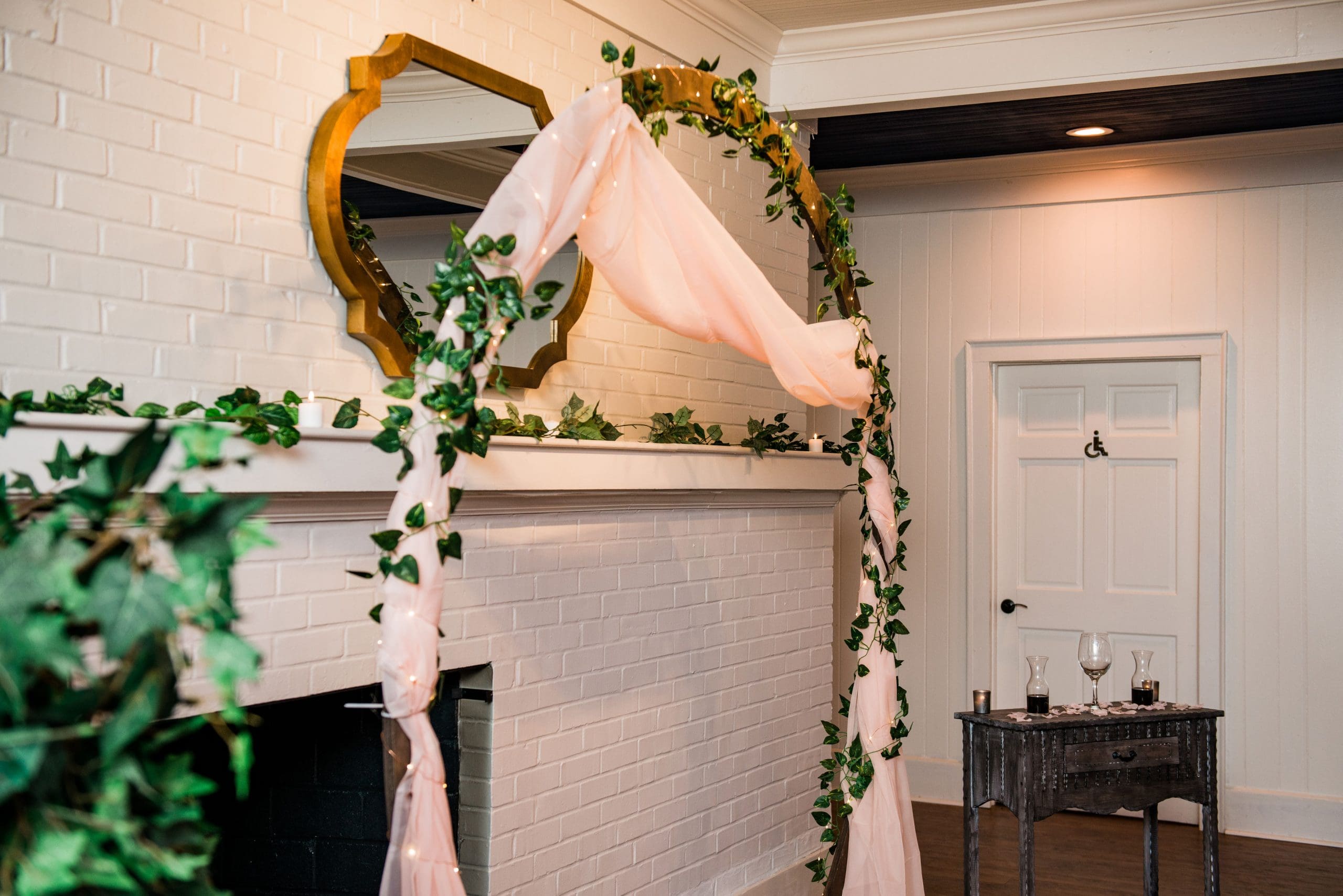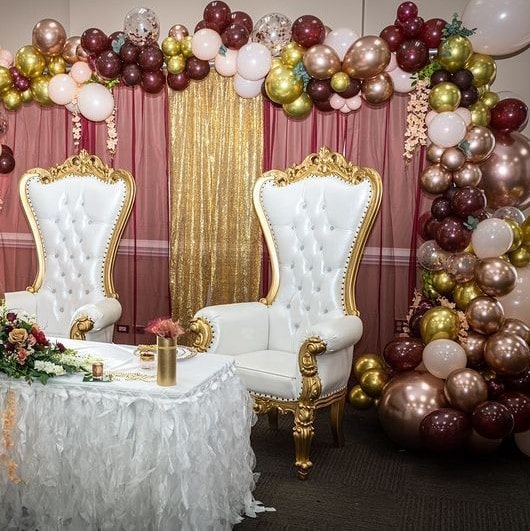What’s a realistic wedding budget? Here we show you how to set a wedding budget by breaking it up to determine your total estimated spend. No matter the amount you have to spend, it will be divided into percentages.
Before you can create a realistic wedding budget you should know the common mistakes couples make with this part of the planning process.
Go to the bottom to get your formulated budget calculator
Making Estimates Without Doing the Research
When sitting down to set your wedding budget, it’s best to come up with estimates for each element of the budget. It is helpful to have a general idea of the costs for each supplier that you will need for your wedding. But determining the numbers without doing the research first is a huge mistake, as you could be totally underestimating the actual costs involved. This mistake will lead to a whole lot of stress and sticker shock when the quotes actually come in.
Instead: Before creating any kind of supplier estimates, do your research on suppliers in your area to ensure your estimated costs are accurate. Knowing the costs for 2-3 suppliers from each category will allow you to get an average and help you come up with a more realistic number.
Not Setting a Limit on the Guest List
Your wedding budget is impacted heavily by your guest list. Each individual guest equates to an additional cost when it comes to food, drink, and equipment hire. Many suppliers will, based their rate on total guest count.
Allowing your guest list to grow during the days leading up to your wedding day is a mistake that can easily be avoided. Once your invitations have been sent, you might receive requests from guests to bring plus ones, relatives or children. We all love to be accommodating, however saying yes to last-minute requests out of a sense of obligation will trash your budget!
Instead: Follow research tips about creating your wedding guest list, and then stick to it! It’s your day, and it should be your way!
Instead: Put at least 5% of your budget aside for any miscellaneous costs that may occur and add a 5% buffer to your estimate for each category. If you end up with a surplus, put the extra money towards your honeymoon fund!
Forgetting to Account for Miscellaneous Expenses
Unexpected fees will no doubt make their way into your budget, as any couple that has gone through this process can tell you. Even if it’s an additional $10 or $50 here and there, but these can really add up and get your budget well off track if you aren’t prepared for them.
Instead: Put at least 5% of your budget aside for any miscellaneous costs that may occur and add a 5% buffer to your estimate for each category. If you end up with a surplus, put the extra money towards your honeymoon fund!
Forgetting to Prioritize
It is easy to get caught up in wedding planning without taking time to think about your vision for the day. Many couples will start working their way through their checklist of booking suppliers and making purchases in no particular order, without actually delegating their budget according to priority. This can really impact your budget at a later stage when you realize you can’t afford entertainment you’ve had your heart set on, or the special decorations you were excited about.
Instead: Take some time to sit down with your partner and create a priority list for your wedding day, working through each element in order of most important to least important. If you’re struggling to narrow down your priorities.
To plan a realistic budget, you should understand that no matter the amount you have to spend, it will be divided into percentages. To help you with prioritization you should understand what goes into each of the budget categories. To help you with prioritization here we show you what to consider for each category and how the average wedding budget is divided by percentages.
Venue, Catering, Cake and Rentals:
The largest line item of your wedding budget breakdown will be on your venue and your catering costs, which include the bakery for your cake.
With regards to catering, remember that your catering bill doesn’t just account for the actual food—you’re also paying for preparation, equipment, wait staff, and more.
Your wedding cake and any additional desserts will also be included in this part of the wedding budget percentage.
You’ll likely need rentals for a variety of items for your wedding— so be sure to factor them into your wedding budget breakdown if they aren’t included with your venue contract
Wedding Planner, Day-Of Coordinator, Photography and Videography:
There are many advantages to hiring a wedding planner—the greatest benefit is that a planner can actually help you save money! You get the benefit of their experience with how to set a wedding budget, as well as, their knowledge and connections in the industry, and they will ensure that you remain within your wedding budget and on schedule, while keeping the process as stress-free for you as possible. If you decide to do the planning yourself, hiring a Day-Of Coordinator is a must.
It is the job of your wedding photographer and videographer to capture all of the special moments of your wedding day and memorialize them in still or moving images to cherish for a lifetime. This is why these pros should make up a good portion of your wedding cost breakdown.
Wedding Attire, Hair and Beauty:
This the one day of your life that you want to look your—and between your attire, hair, and makeup, it can really add up. And don’t forget you have to allow for alteration costs into your wedding budget breakdown.
As for hair and makeup, while this is not an absolute necessity, it’s a good idea to hire professionals for the task.
Flowers, Lighting and Décor:
This category is all about ensuring that your wedding looks beautiful with your desired aesthetic.
While you might have a dream vision for your wedding, not everyone knows exactly what it takes to make that vision come to life. A professional decorator will ensure your wedding a beautiful cohesive look and you may get access to all their decor in addition to assistance with setting up and cleaning up for the wedding.
DJ and Entertainment
Entertainment is an important part of a wedding ceremony and reception, so hiring a professional to coordinate the music is essential to ensure that everything runs smoothly, there’s no awkward silence during the reception and that you and your guests have a good time.
It’s important to do your research before booking and factoring it into your wedding budget breakdown.
Invitations and Stationery
Items in print include (save-the-dates, invitations, and more) and on the day of (ceremony programs, table numbers, escort cards, menu cards, etc.).
The price varies depending on the selection that fits your style. Pro tip: Be sure to factor postage into this item in the budget breakdown — depending on the shape and size of your invites, you can pay an additional dollar per invitation in stamps!
Officiant
This is the person who will actually legally marry you and your partner!
Pro Tip: You may be able to save on this line item if you have a friend or family member who can legally perform this duty.
Transportation:
While not an absolute necessity, to ensure everyone in your bridal party gets to where they need to be safely and on time- Hiring transportation or limo services for your wedding is recommended.
Also remember, if you are having a destination wedding, you will have to factor in the cost of air travel.
Favors and Gifts:
While also not a necessity, providing wedding favors to your guests, whether it’s a keepsake or something edible, is a nice gesture
These favors and gifts are a lovely way to say “thank you” to those who helped you prepare for your big day and those who travelled to attend the celebration.
Prioritize Booking Your Suppliers
Now that you know the standard elements to consider in your budget, take a look at the cost estimate for each category and amount you have to spend and do a reality check. Prioritize your budget by what elements are a must have and what you can do without if the budget doesn’t allow for it.
Once you figure out how much you can spend in each category all decisions suddenly become much easier to make, which means the entire wedding planning process will flow more smoothly.
Average Budget Breakdown By Percentage
- Venue (site, food, cake & drink) 50%
- Wedding Planner, Photography & Videography 15%
- Wedding Attire, Hair & Beauty 9%
- Floral, Lighting & Décor 13%
- DJ and/or Entertainment 7%
- Invitations and Stationery 3%
- Officiant 1%
- Transportation 1%
- Favors & Gifts 1%


